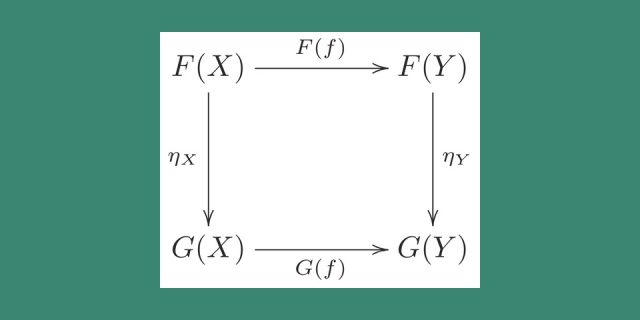
What follows is from a draft abstract by Professors Idris Samawi Hamid and Abbas Mirakhor. See also this link:
Academia.edu: Drafts: Abstract: Logical foundations of Islamic Economics
This abstract, and the paper to follow – inshāAllāh – draw upon a current book project:
Idris Samawi Hamid and Abbas Mirakhor (forthcoming),
The Logical Foundations of Islamic Economics: Objective Logic and Phenomenology of Consciousness and Action,
Macmillan, 2018.
(Professor Abbas Mirakhor, one of the world’s foremost authorities in Islamic Economics and Finance, served for some years as the First Holder of INCEIF Chair in Islamic Finance, International Centre for Education in Islamic Finance, Lorong Universiti A, Kuala Lumpur, Malaysia. He has also worked for many years as Executive Director, as well as Dean of the Executive Board, at the International Monetary Fund. For a brief bio, click here.)
In WALAYAH
Samawi
Abstract. The question of the logical and philosophical coherence of the concept “Islamic Economics” and that of the extension of that concept as a scientific discipline involve a dilemma in urgent need of clarification and address[1]. Two points of attack stand out. 1) In the context of the current zeitgeist which absolutizes a discontinuity between religion and science, it appears that each side belongs to a distinct universe of discourse[2], and that the range of application of the properties belonging to one does not include the objects belonging to the other. This appears to entail the theoretical incoherence of “Islamic Economics” from the outset. 2) The context of the primordial Islāmic uses of expressions such as ‘iqtiṣād’(and its cognates), as well as related expressions in the Qurʾān and the Ḥadīth, entail a universe of discourse of spiritual value, viz., taqwā, that appears to be distinctly different from that of contemporary economics. Even if one were to articulate taqwā as a scientific discipline[3], this second point appears to entail the theoretical discontinuity of “Islamic Economics” – in the strict sense of ‘Islāmic’ – from contemporary economic science.
A coherent conception of Islamic Economics hinges in part upon a critical examination of the civilizationally-conditioned categories “religion” and “science”. This paper will contend that Islām is not a mere religion in the narrow sense, but also advocates a framework of science in the broad sense. It is also our contention that this broad sense of ‘knowledge’ and ‘science’ is more concrete than that of the current paradigm of science in the narrow sense, although it absorbs the latter as a special case. A closely-related and theoretically prior challenge for grounding a co- herent philosophy and scientific foundation of Islamic Economics lies in the alleged discontinuity between economics and value (in an axiological sense)[4]. Overcoming this discontinuity will involve explicit use of objective logic, a formal discipline developed within contemporary mathe- matical category theory to i) subserve scientific transformations between two or more universes of discourse (= categories, toposes), with a view to ii) progressively develop the conceptual content of those universes[5]. Within this framework the authors will establish 1) the logical coherence of Islamic Economics; and 2) the scientific absorption of the universe of discourse of contemporary economics within that of Islamic Economics to constitute an objective-logical scale of forms[6].
[1] Idris Samawi Hamid and Abbas Mirakhor (forthcoming), The Logical Foundations of Islamic Economics: Objective Logic and Phenomenology of Consciousness and Action, Macmillan, 2018.
[2] John Corcoran, Universe of Discourse, Cambridge Dictionary of Philosophy, 1999.
[3] Idris Samawi Hamid, Islām, Station and Process: The Spirituality of Walāyah, Global Scholarly Publications, 2011.
[4] G.R.G. Mure, The Economic and the Moral in the Philosophy of Benedetto Croce, University of Reading, 1967.
[5] William Lawvere, Tools for the Advancement of Objective Logic: Closed Categories and Toposes, The Logical Foundations of Cognition, Oxford UP, 1992.
[6] Collingwood, R.G., An Essay on Philosophical Method, Oxford UP, 2005.

